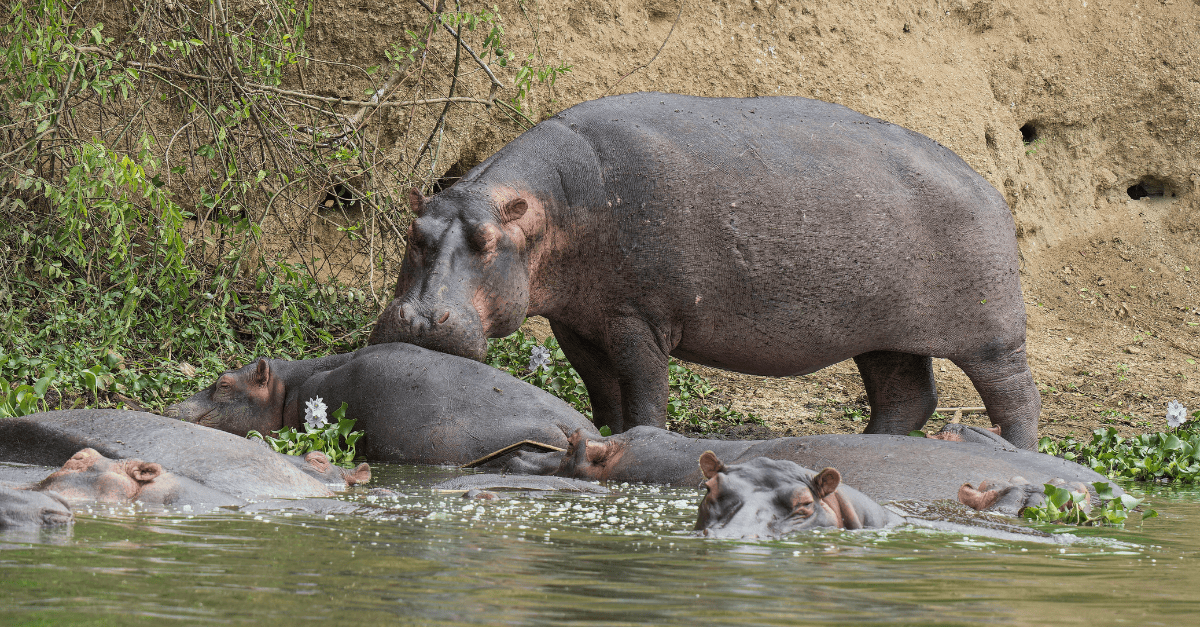“The war on nature must stop. We must end the triple planetary crises of climate change, pollution and biodiversity loss. We’re building a group of champion countries to explore how to reform economic policies, and put nature and biodiversity at the heart of all decision-making. (…) Excellencies, at the halfway point to the SDG deadline, the eyes of the world are on you once again. Over the course of the weekend, young people and civil society groups came to the UN – or marched in communities around the world – demanding urgent action. Now is the time to prove you are listening. We can prevail. If we act now. If we act together.” – UN Secretary-General’s remarks to the High-Level Political Forum on Sustainable Development on 18 September 2023
From 16-19 September, Member States and stakeholders descended on New York to mark the “halftime” of the implementation period for the Sustainable Development Goals (SDGs) with the SDG Summit and the SDG Action Weekend. Despite strong calls to action by the Secretary-General and other UN leaders, the outcome and conclusion of the meetings seemed to be received with a sigh of relief, rather than enthusiastic and renewed momentum toward action for the SDGs. WFA and its members were on the ground in New York to participate (to the extent possible) in the meetings and to follow the Summit’s major outcomes, which provide both challenges and opportunities for how animal protection organizations can continue efforts to demonstrate the importance and relevance of animal welfare to the achievement of the SDGs.
The Headline Outcome: A Political Declaration
The major outcome of the Summit was the Political Declaration, which was adopted without objections and recommended to be endorsed at the UN General Assembly (UNGA). WFA and its members engaged Member States and co-facilitators throughout the negotiations since February of this year. Our key asks were for the inclusion of language around the “protection of wildlife and other living species” and One Health, and we were heard, to some degree. The final Declaration does include the protection of wildlife. One Health, on the other hand, was added in a penultimate draft of the Declaration, only to be removed as one of just a handful of changes made to the document before its adoption. While it is positive that wildlife protection was included in the Declaration, the controversy surrounding One Health in New York despite its rise to prominence in other UN policy streams signals a need for animal protection organizations to dedicate more effort to shifting the narrative and de-politicising the issue among Member States.
Other Outcomes
Other outcomes of the Summit included the final version of the Global Sustainable Development Report and the SDG Summit Acceleration and Accountability Platform. The Platform provides a space where national and global commitments can be tracked. In addition, the UN aims to coalesce momentum behind a set of 12 specific “High Impact Initiatives”, also hosted on the platform. Among these initiatives and particularly interesting for animal protection organizations are “Food System Transformation” and “Nature Driving Economic Transformation”.
Momentum on an SDG Stimulus and Reform of Global Financial Architecture
Financing rose to the top of the agenda, both in the Political Declaration and in the dialogues and commitments throughout the Summit. Core topics included the SDG Stimulus called for by the Secretary-General, as well as universal support for reform of the global financial architecture. In particular, the Secretary-General called on leaders to use the next meeting of the International Monetary Fund for the development of concrete proposals for this reform ahead of the Summit of the Future in 2024. While the reforms being discussed are higher level and centred on ensuring a more equitable system for countries in the global south, the move toward development banks serving as a key for SDG implementation could provide scope for encouraging institutions to see animal welfare investments as a vehicle for the SDGs.
Challenges and Opportunities for Animal Protection Organizations
Off the back of these developments, animal protection organisations in New York now face three challenges and opportunities:
- Depoliticise One Health by focusing on its power to prevent future harm to human health and well-being,
- Explore possibilities for partnering with other institutions to deliver on the UN’s High Impact Initiatives for nature and food systems, and
- Identify opportunities to influence upcoming debates around reform of the global financial architecture.
Together with its members, WFA will continue engaging with Member States and other stakeholders through these and other avenues to demonstrate the role animal welfare can play in supporting SDG implementation.
Photo by Michael Anfang on Unsplash





